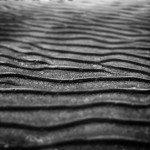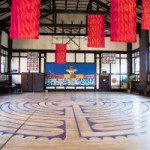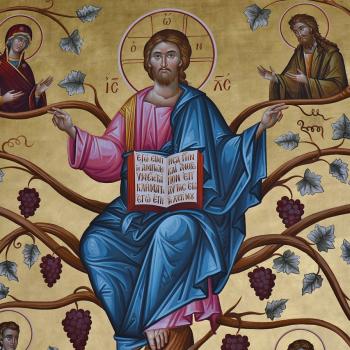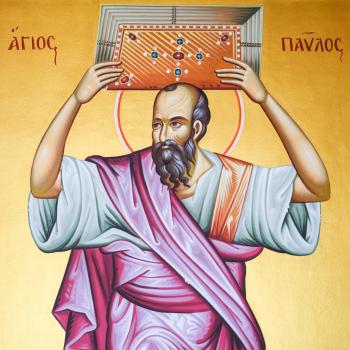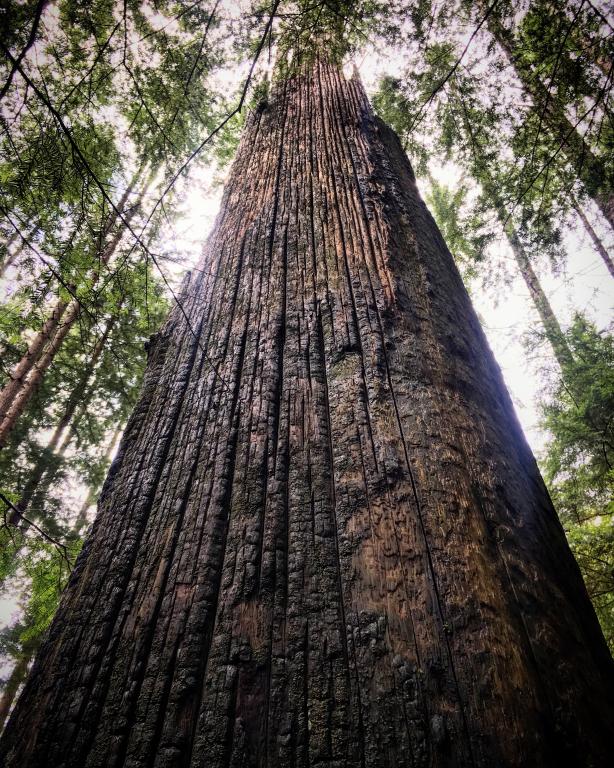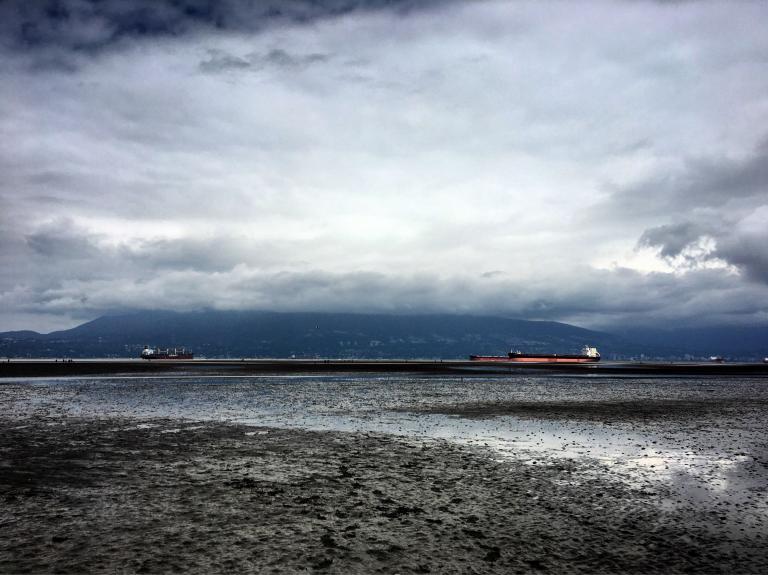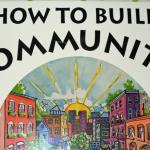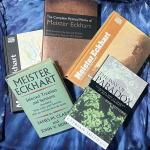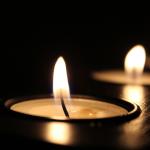Today I went to Mass as I often do on Sundays. It was an expected ritual, in an expected space. I always leave just a little lighter than when I enter. But two other stops today made me think about the nature of space and how contemporary culture is yearning to reclaim everyday spaces.
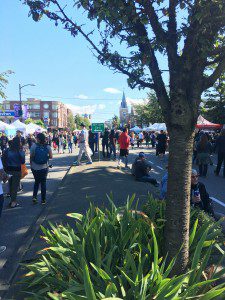
It is no secret that many in the rising generation have no interest in attending traditional sacred spaces like church. Today I attended two events that are seeking to reclaim mundane space. First I went to the “Car Free Day” on Main Street here in Vancouver, where from Broadway to 33rd Ave. cars were prohibited, buses rerouted, and each block had a different musical act performing. There were booths, outdoor vendors and community organizations. What struck me most was how different a street that I have spent plenty of time on as a pedestrian, felt very different without any cars.
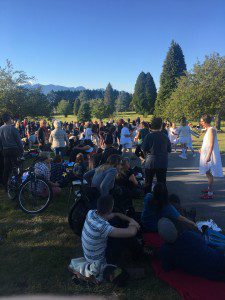
The second event I went to was a Summer Solstice performance at the Mountain View Cemetery on Fraser and 41st Ave., put on my the Little Chamber Music Series. The performance featured about 20 women in white, dancing to the music of a stringed quartet. The dance was interpretive of the cycles of life, death and sickness we are all subject to as human beings. At the end they invited the audience to join the dancing to celebratory and up beat music. It was as if the dead had reached through the veil to comfort the living.
And while I love attending mass–set aside from the day to day activities of life–participating in two mundane spaces near the longest day of the year and the full moon, made sacred through music and dance, bore witness to the potential sacredness of each place in each moment. Attending religious services should not lead us to assume any simple dichotomies between sacred and profane, as if one space were closer to the Divine. Spending time in sacred places should help us practice the kind of presence we should take into each moment and each place.

